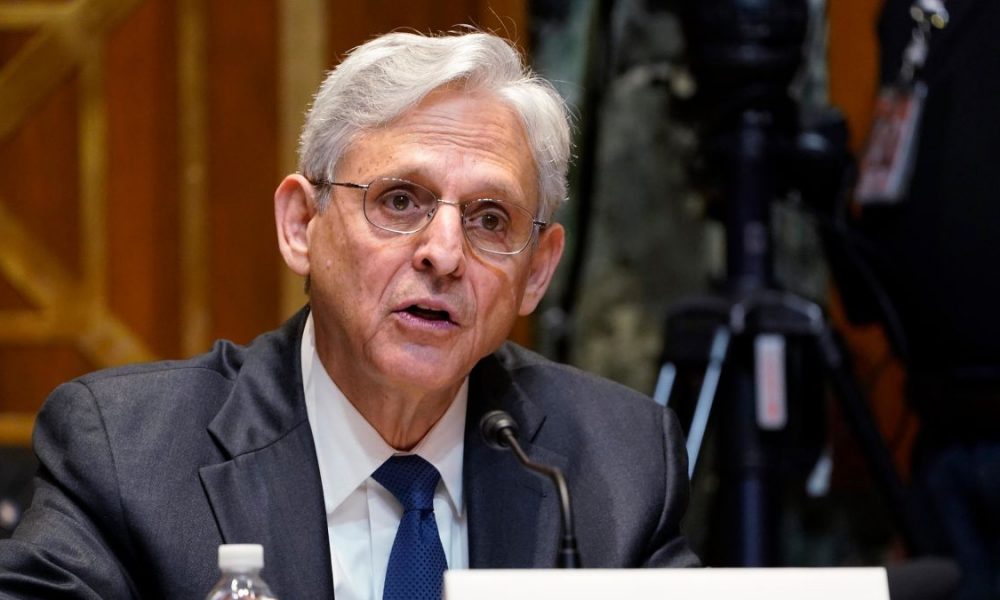U.S. Attorney General Merrick Garland announced President Joe Biden’s administration’s new plans to fight against domestic terrorism.
What We Know:
- The Biden administration assessed the level of threat posed by domestic terrorists after the Capitol riots on January 6th. Garland has claimed that domestic terrorism has increased since 2020 and that the country must “address the root causes of violence.” A lot of the domestic terrorist cases that the FBI is seeing are motivated by race or ethnicity or are carried out by violent militias.
- The attack on the Capitol has caused the Justice Department to look into new policies to prevent future attacks. Garland knows that with the increased use of social media today, domestic terrorists have used those platforms to reach radical followers. He stated that “people may be drawn to social media and then to encrypted communications channels there…connect with others who are formulating attack plans as well as mustering the resources, including firearms and explosives, to execute them.”
- About 465 people have already been arrested in connection to the Capitol riots, and they are being charged with assaulting officers, destroying government property, conspiracy, and using deadly weapons. Many of those arrested had a military or law enforcement background and belonged to White supremacy groups like the Proud Boys and Three Percenters. According to CBS News, Garland may recommend “a new criminal statute to prosecute domestic terrorists.”
- Republicans feel like the Justice Department is focusing too much on the Capitol riots and not enough on the “criminal” behavior of the Black Lives Matter protests last year. Other recent domestic terrorist attacks include the congressional baseball game shooting, violent protests in Charlottesville, Virginia, the Pittsburgh synagogue shooting, and the mass shooting at an El Paso, Texas Walmart.
- Biden’s administration has released its four pillars to fight against domestic terrorism. The first pillar is sharing information across all government levels. The second pillar will involve the Department of Homeland Security (DHS) using $77 million to prevent recruitment and mobilization efforts and strengthening communities. The third pillar includes the use of over $100 million between the DOJ, FBI, and DHS to disrupt activity before any violence occurs. The fourth pillar looks into the deep-rooted issues behind the acts of violence and the access to guns to commit them.
Along with the rollout of the new plans to fight against domestic terrorism, the Office of Professional Management is determining ways to better screen applicants. This human resources division for the federal government hopes to weed out potential domestic terrorists and prevent future attacks. The DOJ and DHS are also updating their vetting procedures to keep domestic terrorists out of government roles.



